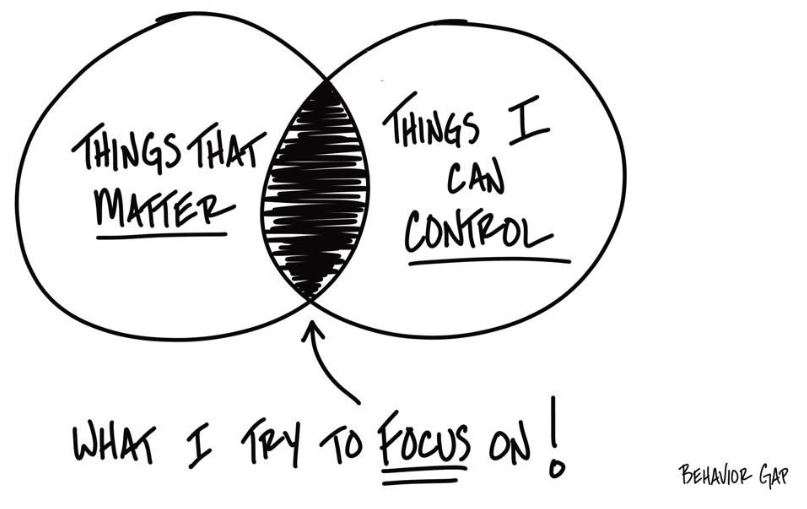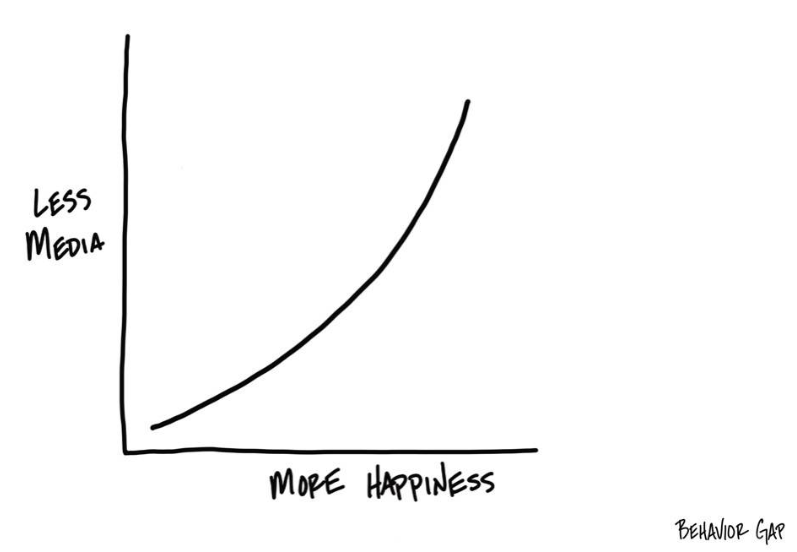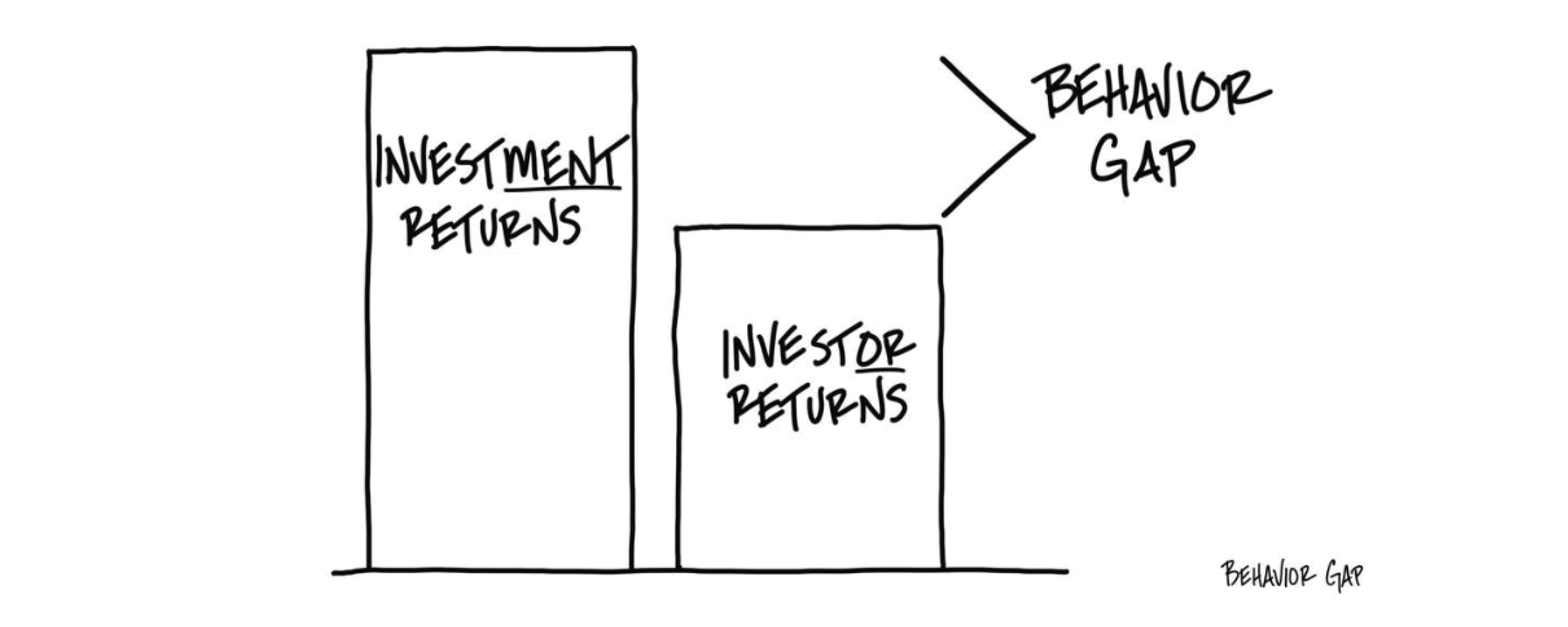News is available through more channels than ever before. There is a media onslaught 24/7, from every possible source. And it’s increasingly hard to turn off and take a break as news flows automatically through your feed.
If you have ever felt anxious and stressed from information overload, rest assured that you’re not alone. Research has shown that watching too much news can harm your physical and mental health. A recent study by Texas Tech University entitled Caught in a Dangerous World: Problematic News Consumption and Its Relationship to Mental and Physical Ill-Being, found that 27.3% of research participants had “moderate levels of problematic news consumption.” In comparison, 16.5% of participants indicated “severely problematic” news consumption. Individuals in the severely problematic and moderately problematic categories report significantly higher mental and physical ill-being levels than those classified as minimally problematic or non-problematic. Researchers recommend “media literacy campaigns” to help people develop a healthier relationship with the news and increase dialogue on how the news industry may be damaging our health.
In the fall of 2020, after the pandemic forced people to isolate and online consumption of news, data, and information reached a concerning peak, we discussed this danger in our Uncommon Perspective Building Your Own Happiness in Worrisome Times. The topics covered are still highly relevant two years later.

Worry is natural
We all worry to some degree, and for most of us, our concerns are manageable. Worry can sometimes be beneficial, as it motivates us to take proactive measures to avoid unfortunate events. However, problems occur when you compulsively imagine the worst without the ability to turn your attention to other, more positive matters. One of the key reasons for excessive stress and anxiety is focusing on the potential for unpleasant occurrences combined with the inability or lack of skill to address these obstacles.
The proliferation of media is widespread
The rise of digital media has exponentially increased access to information and data, or at least what purports to be information and data. Younger consumers, particularly, have turned increasingly to online sources and influencers for almost everything, from entertainment to shopping to reading the news. This trend was accelerated by the pandemic, where there was little to occupy oneself with besides bingeing on media.

Sensational news drives ratings…and profitability
Media companies understand what increases business for them. This motivates them to focus on the more sensational news and to frame it in a way that incites interest, worry, and concern. In addition, repeatedly talking about key events makes the events appear to be much more commonplace and worrisome than they are in reality, encouraging fear and anxiety. The financial news is no exception, streaming nonstop and sensationalizing every market event and movement.
Excessive worry can be costly
If we cannot redirect our thoughts away from negative occurrences that might happen, our health can be significantly affected. Excessive worriers tend to overemphasize the negative and downplay the positive. When it comes to investing, it may cause us to act at the wrong time, when historically, investors have benefited from staying in the market versus trying to time the market.

Controlling worry is the healthier alternative
While it’s unrealistic to think we can completely escape the noise, limiting exposure to news and engaging in other activities can help reduce our level of worry and stress. In addition, working with trusted experts who understand the markets and can invest logically rather than emotionally can help allay the fear of not understanding or knowing what to do.
Principle Wealth Partners LLC (“PWP”) is an SEC registered investment advisor. Advisory services are only offered to clients or prospective clients where PWP and its representatives are properly licensed or exempt from licensure.
